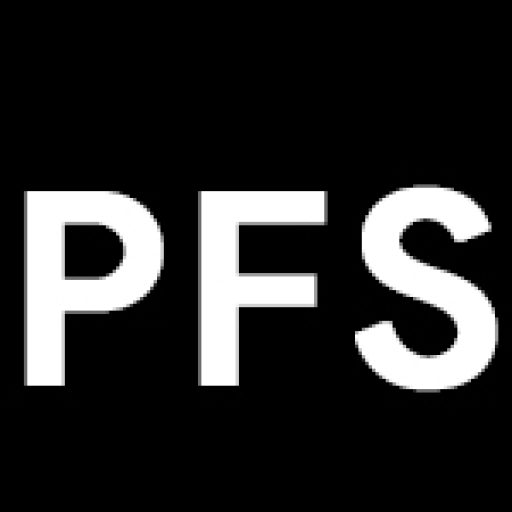ratings
Mathematics is the science and study of quality, structure, space, and change. Mathematicians seek out patterns, formulate new conjectures, and establish …
Apply for Course
-8 SEAT LEFT
Apply to enroll
Course Access
4 Months
No. of Students Enrolled
108
Total Course Time
15 hours
Last Updated
May 10, 2024
Certification
Category
Mathematics is the science and study of quality, structure, space, and change. Mathematicians seek out patterns, formulate new conjectures, and establish truth by rigorous deduction from appropriately chosen axioms and definitions.
There is debate over whether mathematical objects such as numbers and points exist naturally or are human creations. The mathematician Benjamin Peirce called mathematics "the science that draws necessary conclusions". Albert Einstein, on the other hand, stated that "as far as the laws of mathematics refer to reality, they are not certain; and as far as they are certain, they do not refer to reality."
Through abstraction and logical reasoning mathematics evolved from counting, calculation, measurement, and the systematic study of the shapes and motions of physical objects. Practical mathematics has been a human activity for as far back as written records exist. Rigorous arguments first appeared in Greek mathematics, most notably in Euclid's Elements. Mathematics continued to develop, in fitful bursts, until the Renaissance, when mathematical innovations interacted with new scientific discoveries, leading to an acceleration in research that continues to the present day.
Today, mathematics is used throughout the world as an essential tool in many fields, including natural science, engineering, medicine, and the social sciences. Applied mathematics, the branch of mathematics concerned with application of mathematical knowledge to other fields, inspires and makes use of new mathematical discoveries and sometimes leads to the development of entirely new disciplines. Mathematicians also engage in pure mathematics, or mathematics for its own sake, without having any application in mind, although practical applications for what began as pure mathematics are often discovered later.
Why Study Mathematics?
Because it's fun and can prepare you for a variety of excellent careers! If you like solving puzzles and figuring things out, then a mathematics major may interest you. In addition, applications of mathematics are everywhere and a strong background in mathematics can help you in many different careers. The sections below provide information about careers in mathematics and the opportunities available to our mathematics majors.Course Currilcum
-
- ACAD WEEK 1: NUMBER BASES (CONVERSION, ADDITION AND SUBTRACTION) Details 00:45:00
- ACAD WEEK 2:: NUMBER BASES( MULTIPLICATION AND DIVISION) Details 00:45:00
- ACAD WEEK 3: MODULAR ARITHMETIC Details 00:45:00
- ACAD WEEK 4: STANDARD FORM Details 00:45:00
- ACAD WEEK 5: INDICES Details 00:45:00
- ACAD WEEK 6: LOGARITHM OF NUMBERS GREATER THAN ONE. Details 00:45:00
- ACAD WEEK 7: CHANGE OF SUBJECT OF FORMULAR. Details 00:45:00
-
- MATHEMATICS SS1 2ND TERM SCHEME OF WORK Details 00:45:00
- ACAD WK 1: Quadratic equation (factorization method) Details 00:00:00
- ACAD WK 2: QUADRATIC EQUATION (FORMULAR METHOD) Details 00:00:00
- ACAD WK 3: QUADRATIC EQUATION BY GRAPHICAL METHOD Details 00:00:00
- ACAD WK 4: IDEA OF SET Details 00:00:00
- ACAD WEEK 5: CIRCLE AND ITS PROPERTIES Details 00:45:00
- ACAD WEEK 6: AREA OF A SECTOR Details 00:45:00
- ACAD WEEK 7: LENGTH OF CHORD USING TRIGONOMETRIC RATIO Details 00:45:00
-
- MATHEMATICS SS1 3RD TERM SCHEME OF WORK Details 00:45:00
- ACAD WEEK 1: MENSURATION Details 00:45:00
- ACAD WEEK 2: VOLUME OF FRUSTUM, CONE RECTANGULAR BASED PYRAMID, PYRAMID AND CYLINDER Details 00:45:00
- ACAD WEEK 3: GEOMETRIC CONSTRUCTION Details 00:45:00
- ACAD WEEK 4: CONSTRUCTION OF QUADRILATERALS Details 00:45:00
- ACAD WEEK 5: DEDUCTIVE PROOF Details 00:45:00
- ACAD WEEK 6: STATISTICS (GROUPED AND UNGROUPED DATA) Details 00:45:00
- ACAD WEEK 7: STATISTICS GRAPH (HISTOGRAM) Details 00:45:00
- ACAD WEEK 8: MEAN DEVIATION, VARIANCE, AND STANDARD DEVIATION Details 00:45:00
Course Instructors
pmedia2
4.11
4.111666666666666
13249
Studens




